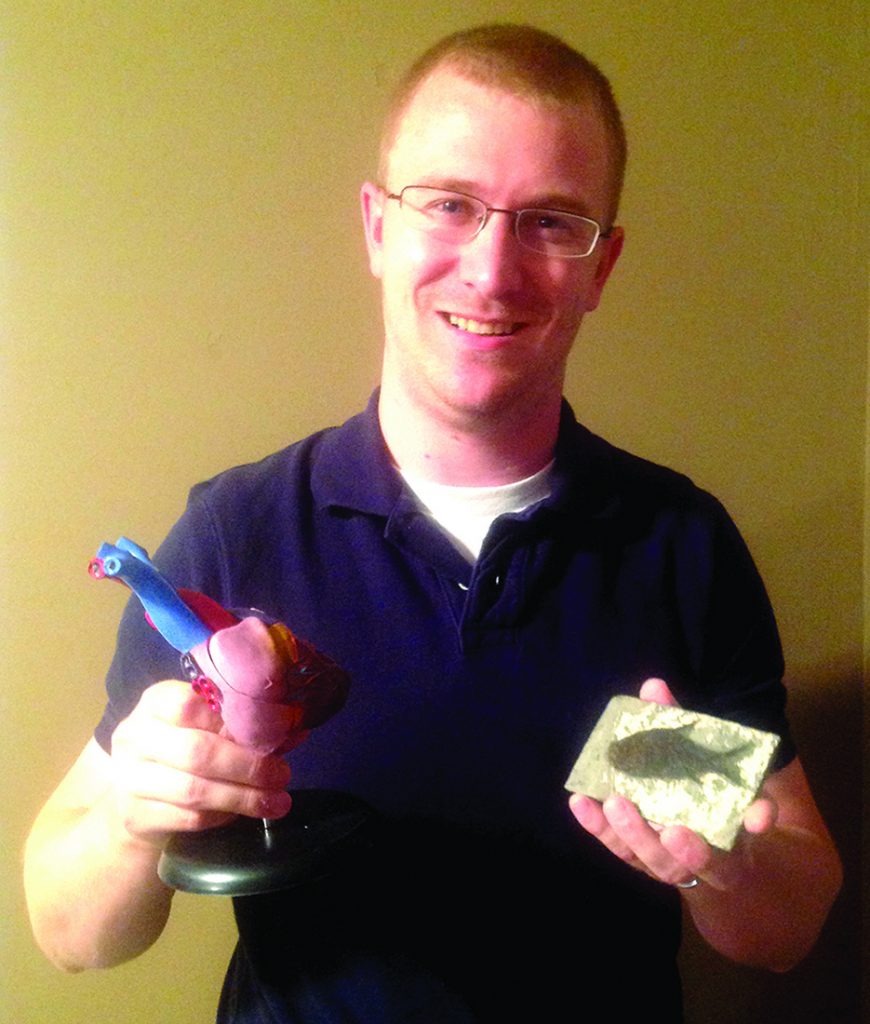Readers Questions III

This archived article was written by: Nathaniel Woodward
Nathaniel Woodward
Managing Editor
As much as I like writing whole articles on one subject it is evident by the number of messages I receive on Facebook and email that me answering questions is sometimes more popular. So, ever the servant of the people here we go.
Q1- Madison from Huntington asks, “Did Albert Einstein fail math?”
A1-Good question and the answer is no. This is an urban legend. The reality is that Einstein was an exceptional student, always finishing near the top of his class.
In fact Einstein is on record saying that he had mastered various forms of calculus by the time he was 15. So while he is still the patron saint of distracted school children the world over, unfortunately Einstein was a wonderful student.
Einstein learned in unconventional ways: he daydreamed, took long walks and had a wonderful lack of respect for authority. So if you are struggling with math, perhaps taking an alternative path to learning is for you. Think outside the box, imagine new ways to learn and find what works for you, maybe you’ll surprise everyone.
Q2- My daughter Bridgette asks, “Why is black not in the rainbow?”
A2- Because God’s a republican. Calm down readers, I was just kidding…A rainbow is caused by the refraction and dispersion of light into what we call the visible spectrum.
In the rainbow spectrum we see the colors red, orange, yellow, green, blue, indigo and violet which are specific refractions of certain wavelengths of light. The length of the wave determines the color and light being altered by a water droplet also has a unique effect, eventually causing the rainbows we see today.
Black isn’t in the rainbow because black isn’t technically a color, or more accurately black is the lack of light. Black is made by no wavelength of light so we only see black in the absence of light or by a material that completely absorbs light.
Q3- Alex from Provo asks, “My dad has obstructive sleep apnea. Does that mean I will to?”
A3- The fact that your dad has obstructive sleep apnea (OSA) no way effects your likelihood of having it. Unfortunately, you being a homo sapien does though.
OSA if an incredibly common disorder effecting one in four men and one in five women which already puts you at moderate risk of having it. Also, many other features you have could put you at an even higher risk having OSA for instance, neck size. Having a 16-inch neck in men and a 15-inch neck in women skyrockets your risk to the point that you should definitely have an attended overnight sleep study at a sleep clinic.
Also 50 percent of all type II diabetics have OSA as well as two-thirds of all stroke patients. If you get tested for OSA and find out you need CPAP, don’t blame your dad, blame your specie.




